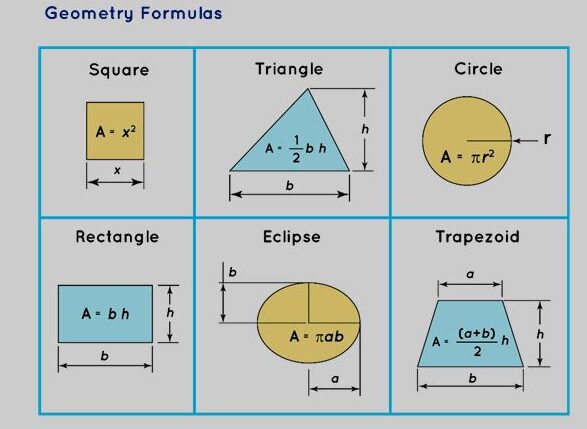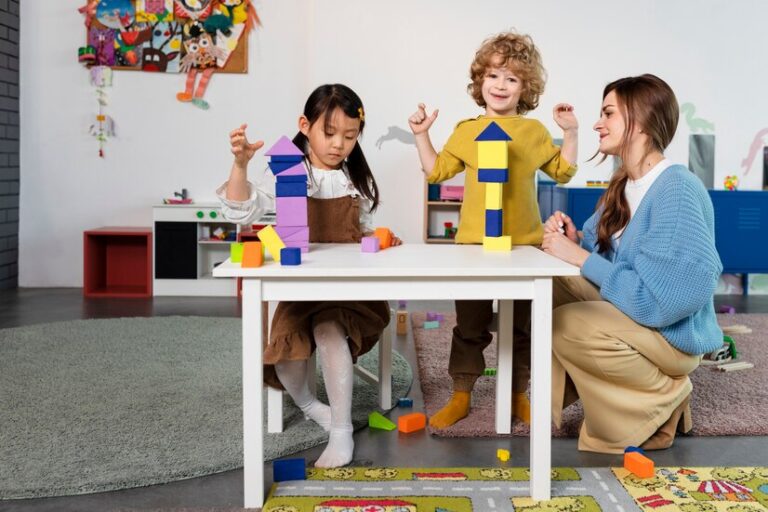How School Escape Rooms Boost Engagement and Learning in Adelaide
Escape rooms have become a powerful tool in an educational landscape that continually seeks innovative methods to engage students and deepen their learning. Particularly in regions like Adelaide, educators are turning to this immersive experience to transform the classroom environment. An escape room in Adelaide style for schools offers an exciting, interactive way to encourage student teamwork, problem-solving, and critical thinking.
What is a School Escape Room?
A school escape room is an educational game where students work together to solve puzzles and complete tasks within a set time limit. The challenges are aligned with curricular goals and designed to reinforce specific knowledge and skills through engaging and hands-on activities. Unlike traditional ones, which may focus solely on entertainment, educational escape rooms are crafted to foster learning and development.
Enhancing Cognitive Skills
These types of spaces require participants to employ various cognitive skills, including logic, memory, and spatial reasoning. Students can apply their knowledge in new and meaningful ways by integrating curriculum content into escape room puzzles. This active learning approach helps to cement information more effectively than passive teaching methods. Moreover, the urgent, game-like nature of an escape room in Adelaide experience heightens focus and stimulates cognitive processing.
Promoting Collaborative Learning
One of the core benefits of using this room in schools is promoting collaborative learning. Students must communicate clearly, share ideas, and work cooperatively to solve the puzzles. This teamwork helps them succeed in the game and builds essential social skills that are valuable in academic and real-world settings. Through collaborative problem-solving, students learn to respect different perspectives and recognise the strength of teamwork.
Fostering Engagement and Motivation
Escape rooms are inherently engaging. They provide a sense of adventure and excitement that classroom activities often need to improve. Students become more motivated to participate and succeed by turning learning into a game. This increase in engagement can be particularly beneficial for students who struggle with conventional learning methods. Furthermore, the thrill of solving a puzzle provides immediate feedback and a sense of accomplishment, boosting self-esteem and promoting a positive perspective towards learning.
Customising to Curriculum Needs
The flexibility of these rooms makes them an excellent tool for any subject area. Whether maths, science, history, or language arts, puzzles and tasks can be personalised to meet specific educational goals and the learning levels of different student groups. Additionally, the escape space theme can be aligned with the curriculum to enhance the relevance and immersion of the experience.
Assessing Learning Outcomes
Aside from being a learning tool, these rooms can also serve as an assessment method. Educators can observe how students apply their knowledge and skills in real time and identify areas where they might struggle. This can provide valuable insights into individual and group learning needs, allowing teachers to tailor future instruction effectively. Moreover, the non-traditional setup of escape spaces can help alleviate the pressure and anxiety often associated with formal assessments, making the evaluation process less intimidating for students.
Building Inclusivity
Escape rooms naturally cater to different learning styles and abilities. They allow for a more inclusive environment where every student can contribute. Visual learners can interpret clues seen around the space, while kinesthetic learners can engage through physical manipulation of puzzle elements. Auditory learners can benefit from oral clues or required communication among participants. This inclusivity helps ensure that every student feels valued and has an opportunity to shine.
Escape rooms offer a dynamic and innovative way to enhance school engagement and learning. These activities promote cognitive, social, and personal skills by challenging students to solve problems collaboratively within an immersive narrative. Integrating these spaces into the curriculum can transform educational experiences and outcomes for educators in Adelaide and beyond, making learning effective and enjoyable. As this educational tool gains popularity, it may become a staple in schools looking to equip their students with the skills necessary for academic and life success.







